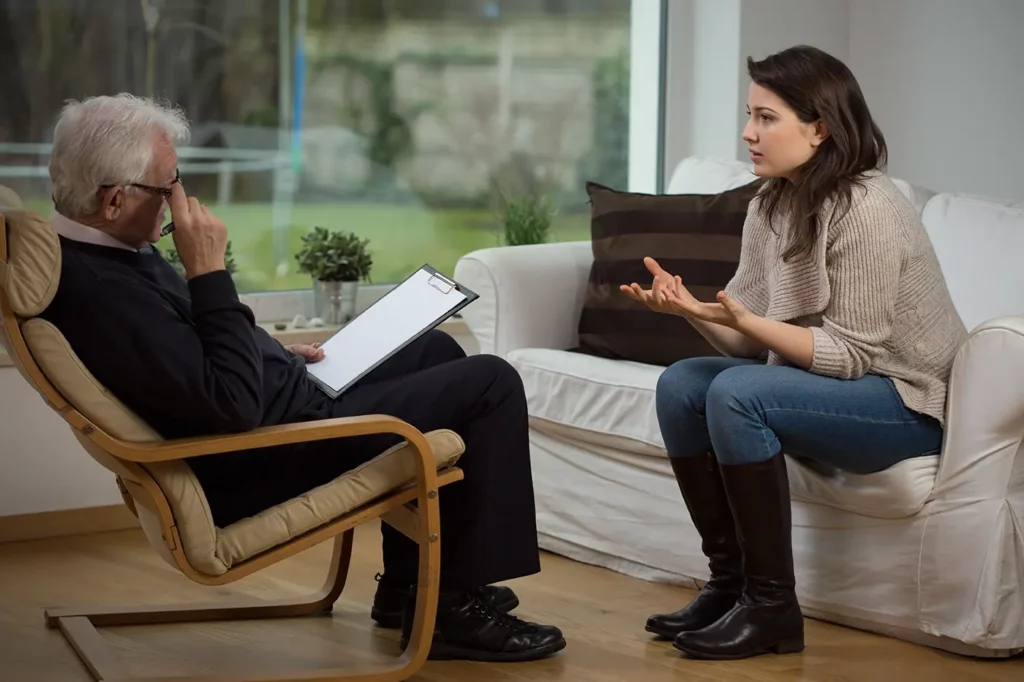24/7 Helpline:
(866) 899-221924/7 Helpline:
(866) 899-2219
Learn more about Medication-assisted Treatment centers in Monona County
Medication-assisted Treatment in Other Counties

Other Insurance Options

Evernorth

Coventry Health Care

Optima

Carleon

BlueShield

Medical Mutual of Ohio
Beacon

CareFirst

Aetna

Access to Recovery (ATR) Voucher

GEHA

CareSource

Molina Healthcare

Health Partners

Humana

United Health Care

BHS | Behavioral Health Systems

American Behavioral

Sutter

Kaiser Permanente

Burgess Health Center – Mental Health
Burgess Health Center – Mental Health is a private rehab located in Onawa, Iowa. Burgess Health Cent...

Lakeland Mental Health Center – Moorhead
Lakeland Mental Health Center – Moorhead is a private rehab located in Moorhead, Minnesota. Lakeland...

Gull Harbour
Gull Harbour is an Intensive Residential Treatment Services (IRTS) program. It includes time-limited...

Maple Mountain Recovery
Maple Mountain Recovery provides a full continuum of holistic addiction treatment for adults in Mapl...

























Jackson Recovery Center – 10th Street
Jackson Recovery Center - 10th Street offers outpatient treatment for adolescents with alcohol and/o...

Anchorage
Anchorage is a private rehab located in Moorhead, Minnesota. Anchorage specializes in the treatment ...

Solutions Behavioral Healthcare Professionals
Solutions Behavioral Healthcare Professionals is a private rehab located in Moorhead, Minnesota. Sol...













































